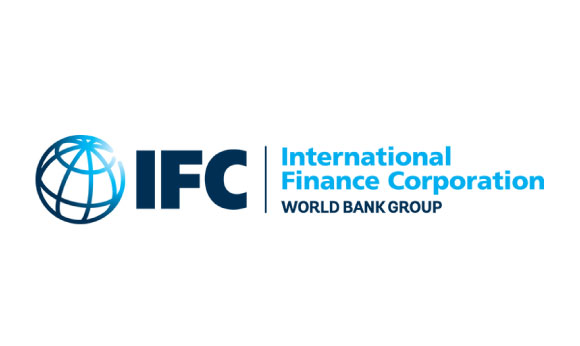The International Finance Corporation (IFC) has outlined its new strategy for Ghana in the medium-term, which seeks to pump some US$1.5billion into the economy to support the private sector as the country seeks to bounce back from the devastation of the pandemic.
The medium-term programme, Finance Minister Ken Ofori-Atta said, has come at the right time as government has rolled out the Ghana Coronavirus Alleviation and Revitalisation of Enterprises Support (Ghana CARES) programme – which is expected to raise GH¢100billion to assist businesses and key sectors boost their productive capacities.
Speaking at the opening of a two-day workshop in Accra, Mr. Ofori-Atta urged the IFC to increase its support to the manufacturing, agriculture and financial market sectors, as these have multiplier effects on the economy.
“The need for a sharpened focus on strategic sectors also can cannot be overstated. In this respect, the less than 20 percent of commitment to core sectors such as Manufacturing, Agribusiness, Financial Markets, and Housing is a cause for concern, considering their high multiplier effect on exports and job creation.
“IFC therefore needs to reconsider its commitment to these sectors if it is to effectively partner Ghana in implementing the GhanaCARES programme and make the most difference. We also expect the IFC to be innovative and consciously use its convening power to leverage additional resources and investors to support the CARES programme,” he said.
He further stated that the pandemic’s impact has heightened the need for partnership between the Bretton Woods institution and government, especially considering the high unemployment rate among the youth.
“Now more than ever, the unique character of the IFC in expanding and achieving inclusive private sector development – by making investments that expand opportunities, by helping businesses improve standards, and by establishing business-enabling systems which promote prosperity – must be brought to bear.
“We are thus seeking to strengthen our partnership with IFC to enable us provide decent jobs for our youth and improve livelihoods for our people. This partnership must be repositioned to optmise the potential of the over 8.5 million Ghanaian youth (ages 15 to 34) for economic transformation.
“We are seeking a partnership that creates jobs and entrepreneurial opportunities for our youth. With the IFC, we also seek a partnership that enables us to address the over 2 million housing units shortage and the challenge of rapid urbanisation,” he said.
Also speaking at the programme, Vice President for Middle and East Africa at IFC, Sergio Pimenta, stressed that the medium-term strategy of the Institute provides an opportunity to enhance partnerships, as the enormous task of reviving the economy cannot be done by government alone.
“It is an opportunity to go deeper into the Ghana CARES plan to understand government’s top priorities, and ensure that whatever we do in this country supports and advances Ghana’s capital needs for the economy to be stronger and more resilient, just as it was before the pandemic.
“The task is a very big one and you need partnerships to succeed, and I want to assure that the IFC will support you in this effort. So, our objective is to streamline and bolster IFC’s contribution to the priority sectors which have been identified in the Ghana CARES programme,” he said.
The IFC has committed in excess of US$4.3billion (between 2008 and 2018) to support the Ghanaian private sector.










